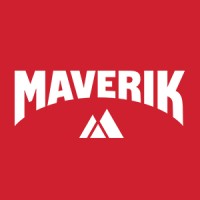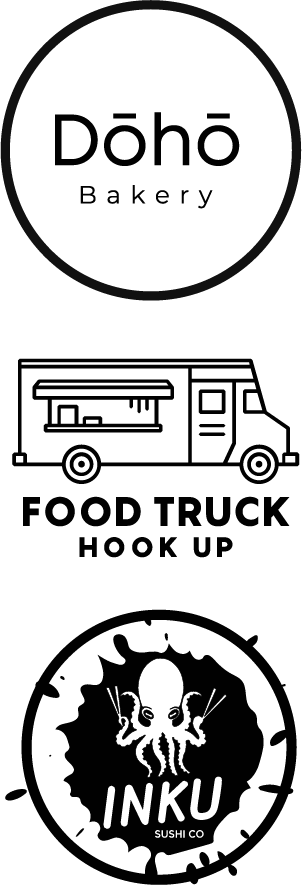
At Street Link Services we specialize in helping product developers and manufacturers evaluate current operations, identify problem areas, emphasize niche opportunities, and streamline key processes in order to meet the high standards of product placement contracts with the nation’s largest wholesalers, retailers, local/regional brick-n-mortar stores and big box franchise chains
Step 1 >

You’ll fill out an intake questionnaire that will allow our team to evaluate your products unique value proposition, market niche, profitability and scalability.
Step 2 >

After reviewing your intake responses, we’ll schedule a call to walk through our initial analysis. This is where we align on your goals, share how we can help, and discuss the potential roadmap ahead. If there’s a clear mutual fit, we move forward to the next step.
Step 3 >

We outline actions your internal operations should prioritize in order to create the largest impact possible to help pair you with a retail partner and reach your sales and scalability needs.
Step 4 >

By effectively identifying and removing barriers, a broker can significantly increase the chances of success for a products placement and performance in the market.
Step 5 >

By conducting thorough Process & Accountability Assessments, food manufacturers can optimize their partnerships with brokers, improve sales performance, and achieve greater success in the market.

You’ll fill out an intake questionnaire that will allow our team to evaluate your products unique value proposition, market niche, profitability and scalability.

After reviewing your intake responses, we’ll schedule a call to walk through our initial analysis. This is where we align on your goals, share how we can help, and discuss the potential roadmap ahead. If there’s a clear mutual fit, we move forward to the next step.

We outline actions your internal operations should prioritize in order to create the largest impact possible to help pair you with a retail partner and reach your sales and scalability needs.

By effectively identifying and removing barriers, a broker can significantly increase the chances of success for a products placement and performance in the market.

By conducting thorough Process & Accountability Assessments, food manufacturers can optimize their partnerships with brokers, improve sales performance, and achieve greater success in the market.
Our primary focus is on creating long-term, mutually profitable sales channels.



Discover how we’ve helped our client partners scale their product sales and navigate the rigorous requirements of large retailers and franchises. Check out a few of our latest case studies.

You’ve got questions and we’ve got answers. Check out a few of our most frequently asked questions about
Essentially they are sales specialists expertly skilled in expanding product reach by acting as an intermediary connecting manufacturers or suppliers with buyers, such as retailers or distributors. and their roles often involve:
Most commonly, product brokers work on a commission basis. This means they earn a percentage of the sales they generate.
This arrangement aligns their interests with those of the manufacturer, as they are motivated to maximize sales.
There can be other types of fee arrangements, so it is very important to have those terms defined within a contract.
Product brokers often have established networks and relationships with key buyers, which can significantly accelerate market entry.
They possess in-depth knowledge of the market, including trends, competition, and consumer preferences.
They can save manufacturers time and resources by handling the sales process.
Especially for companies that are trying to expand into markets that they are not familiar with, a broker can be invaluable.
Consider the broker’s experience in your specific industry and product category.
Evaluate their track record of success and their relationships with relevant buyers.
Ensure they have a clear understanding of your business goals and target market.
Request and check referances.
A product broker facilitates sales but does not take ownership of the products.
A distributor purchases products from manufacturers and resells them to retailers or other buyers, taking ownership and managing inventory.
Brokers sell, distributors provide logistical services.

Subscripe our newsletter and get notifications to stay update